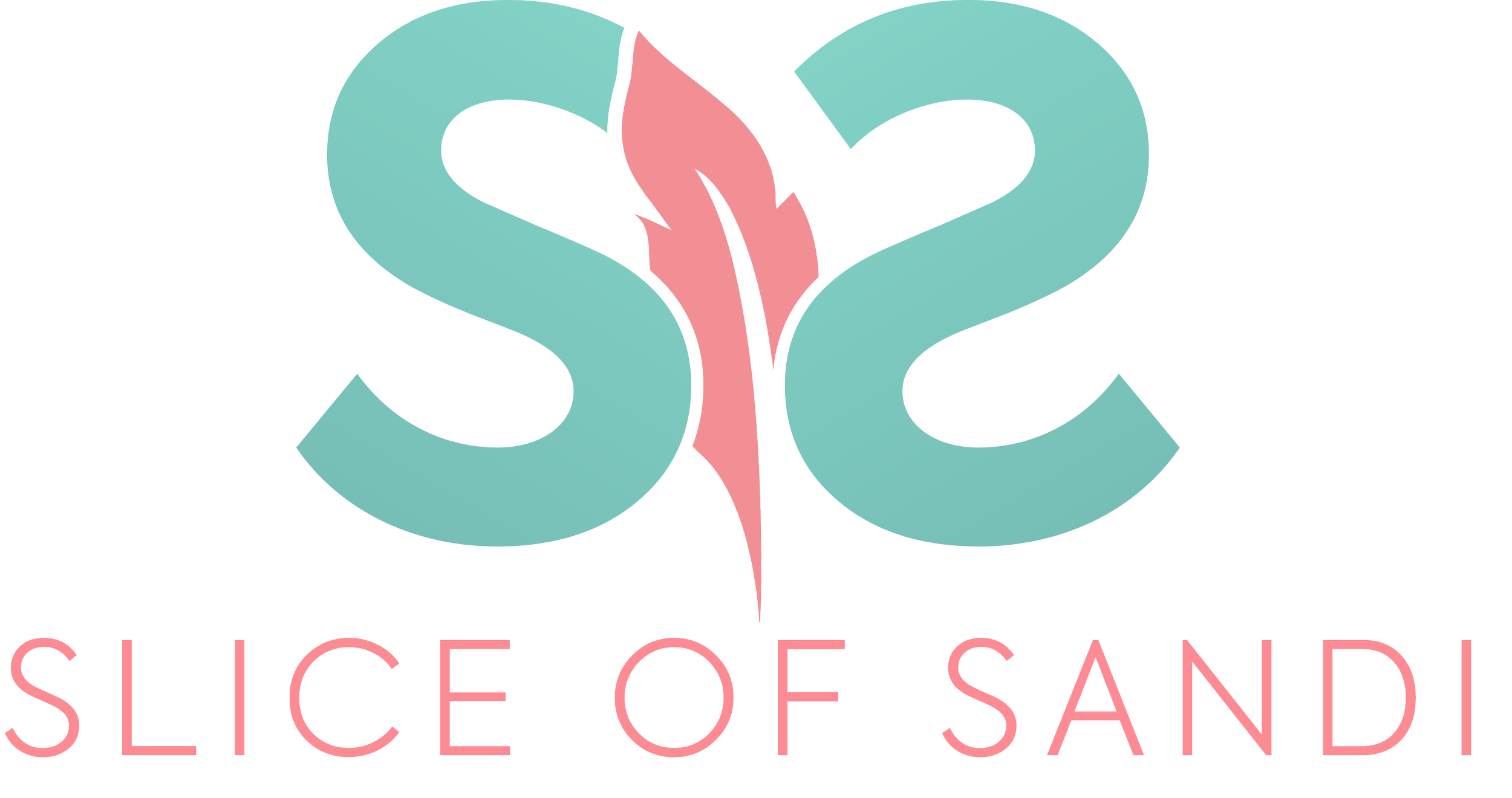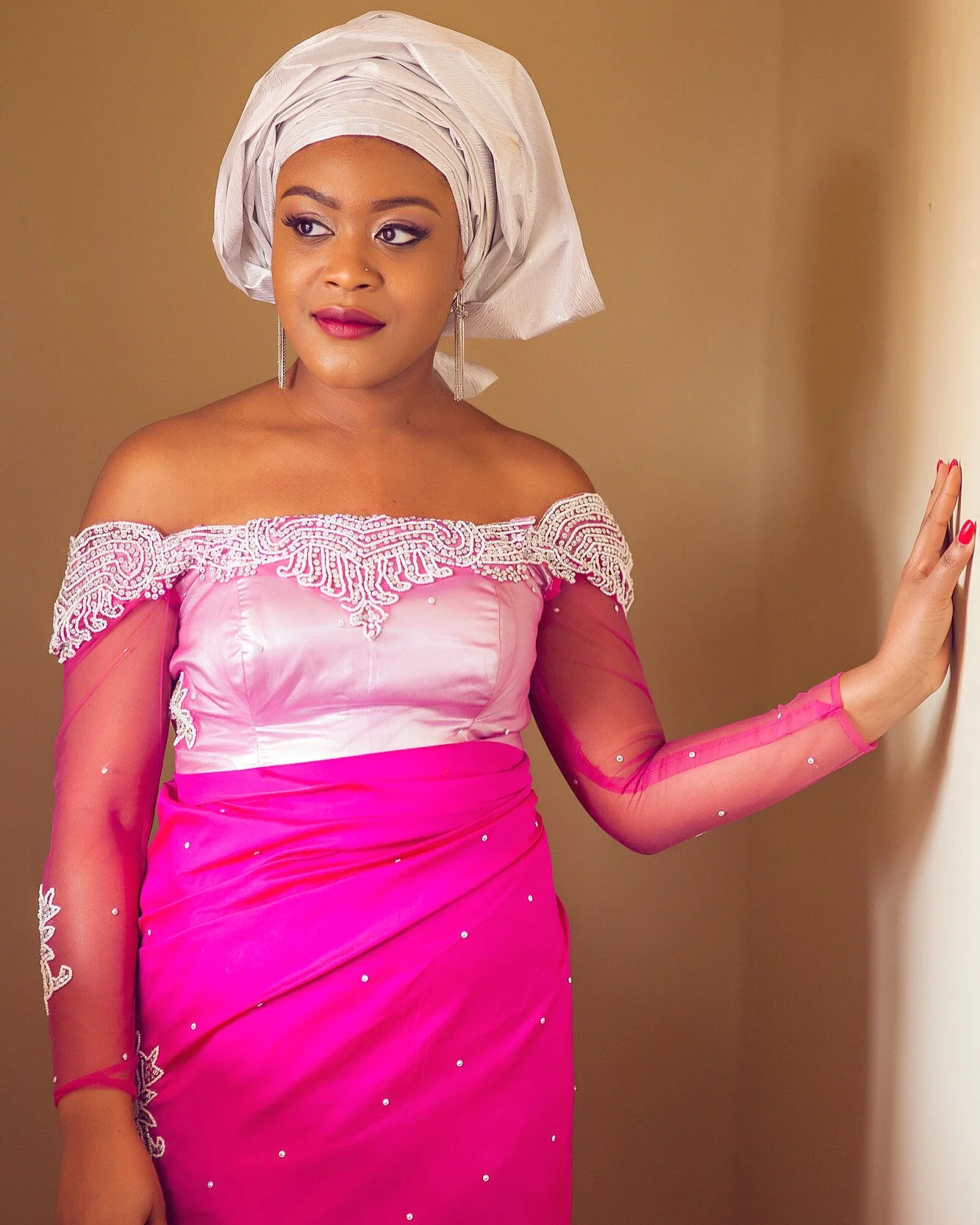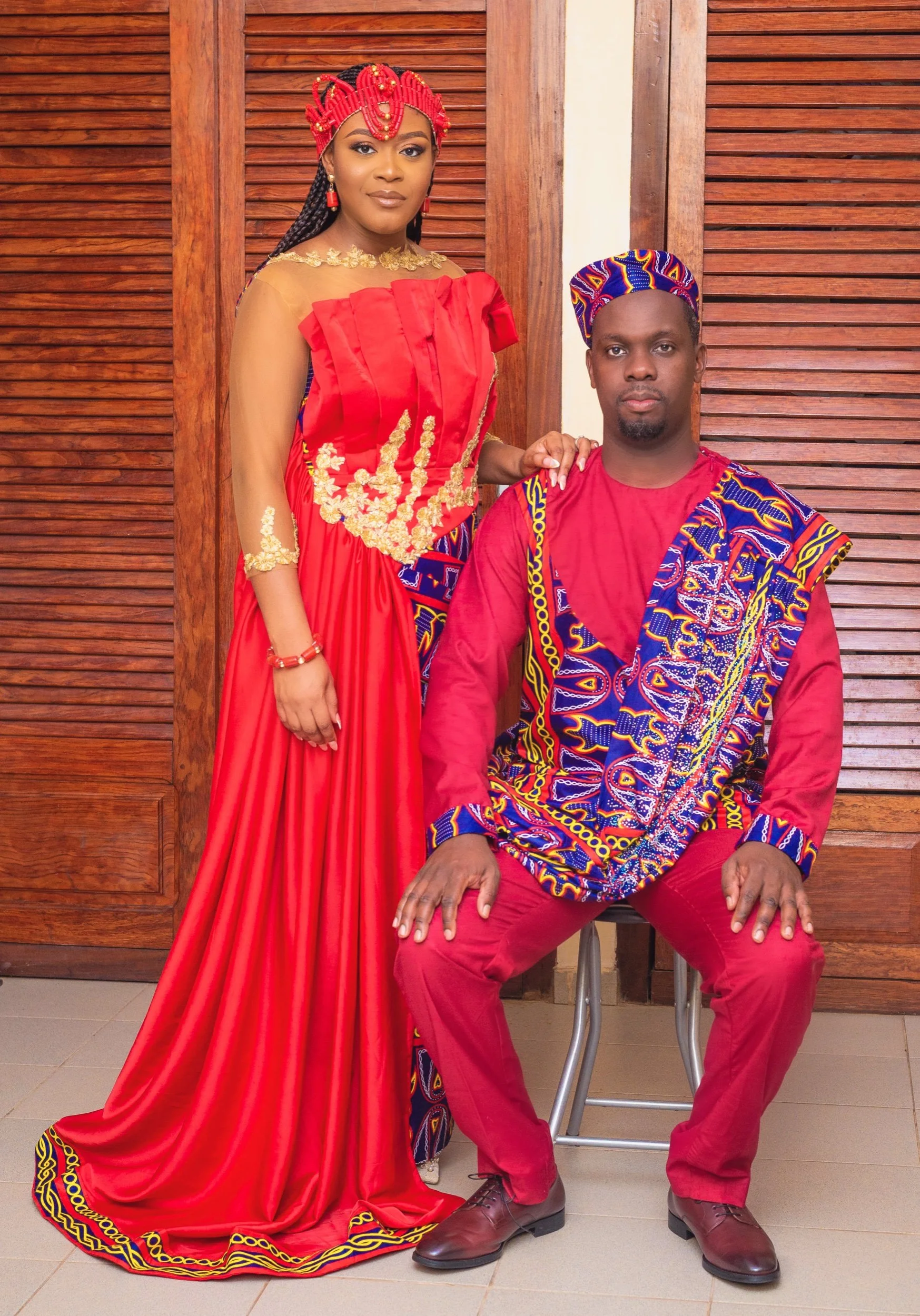"Ask Where I'm A Local"

“Where are you from?”
This is a question that always elicits a laugh. Most people expect a clear answer usually within the continental United States; a familiar location that is concrete and would lead to an easy association. People love compartments and boxes, you see. This is not my reality. As Taiye Selasi explains in her TED talk, these expectations come from a static idea of culture and identity developed by society over time. In the global world we live in today, it is time we accept the growing inter-connectedness and multicultural communities we are forming. With the rise of the "third culture kid", many people no longer identify with just one culture. In the Venn diagram of belonging lies the synthesis of separate cultures to create a hybrid of identity. And therein I lie.
In this precise moment in American politics and on the heels of another wave of xenophobia in South Africa, a lot of attention has been given to the "immigrant". However, very little is shared about the African immigrant, and his or her story is unfamiliar to the discourse. The conditions in which the African immigrant comes to be are diverse. Most of us are familiar with the migration of educated Africans to the West during the 1960s and 1970s. As dictated by the discourse, you likely know most about those who migrate due to threat from their home in the case of war and civil unrest. However, there is one subset of African immigrants that is least discussed: the Africa-->Africa internal migrants.
I consider myself to be Cameroonian. My parents are from Cameroon. I was born and raised in Cameroon until I was eight years old, after which I relocated to Zimbabwe. I was raised in a Cameroonian household under Cameroonian traditions and cultures. As a child trying to fit in, it was difficult feeling like the "other" at times when trying to make friends and feel a sense of belonging in a somewhat-closed community. While I firmly knew I was Cameroonian, my main connection to the country was through sporadic memories, food and bi-annual visits home to visit my grandparents and other family members.
In Zimbabwe, instead of enrolling my sister and I in the International School like many expats did, my parents wanted us to experience local culture a little more intimately. I attended amazing schools which shaped me tremendously - Borrowdale Primary School and the Dominican Convent High School. Yet, I continued to feel the cultural separation between me and my peers. Nationality was not always on the forefront of my mind, but it was like an anchor that prevented me from assimilating completely. Being Cameroonian was a beacon of pride during sporting events, like the African Cup of Nations or the World Cup; but being Cameroonian was just another label in my host of identifiers in high school - student, girl, non-Catholic Convent girl, B2K lover (haha) etc: central to my identity but not all encompassing.
Due to the tumultuous history of colonialism within the African continent, a negative light is shed on those who happen to identify with them a little too closely. I was raised in a way where I saw flaws and merits in all the cultural influences in my life, therefore it was inevitable that I grew up accepting them as part of who I was. The idea that if I accept one I must deny the other needs to be challenged. The obsession we have with compartmentalization has led to a strict binary of self; the native versus the foreigner. My upbringing has led me to realize that my identity is formed through constant influence and linkages among cultures. These days, attempts to reconcile both cultures have been limited to listening to Drake crooning over a Wizkid track. We have not yet risen to examining the dynamic nature of culture, placing more importance on the fluid instead of the static. Where does an individual such as myself fit in this world?
Ten years after arriving in the U.S., I am well-settled and recently gave up my Cameroonian passport for a new nationality. While a happy occasion, the parting did make me feel strangely uneasy. For a huge part of my adolescence, I was an immigrant within my own continent and I felt like a guest in each place I inhabited. I consider myself an African at my core but I cannot completely identify with a single African nation. I have lived in the United States for so long, that I cannot ignore the influence my stay has had since my move. Trying to situate myself in African society does not and should not invalidate the experience of those who do not share the privilege I am lucky to have. I think and communicate in the English language, a language that is not native to my own. I have been influenced by a myriad of cultures. I am constantly bombarded with conflicting ideas of what it is to be African.
Does my perpetual foreign-ness make me less African or am I simply part of a growing demographic in this contemporary Afropolitan nap?
If I am not a real African, then what am I?
Picture: ChiChi Agbim @ TwoTwenty Photography





